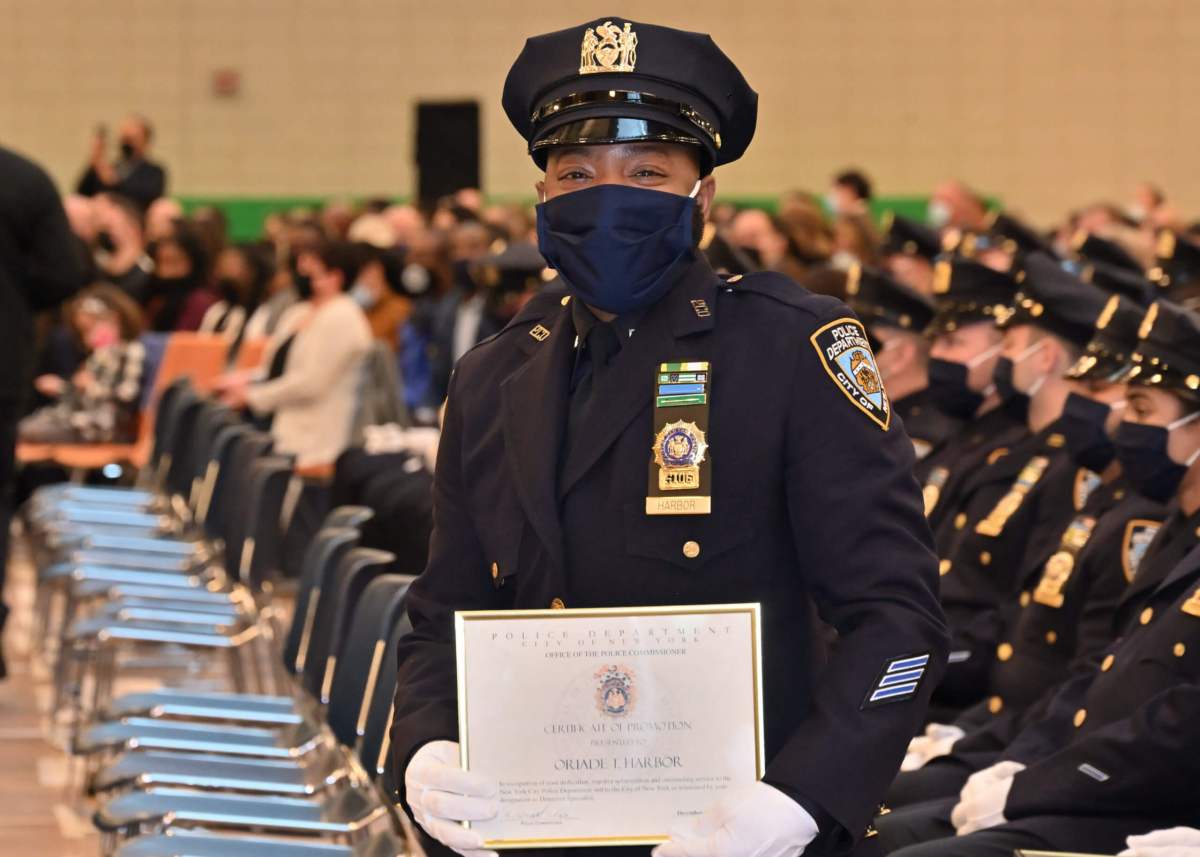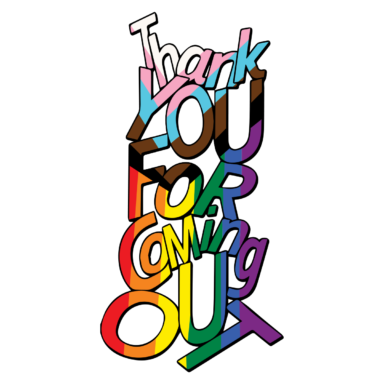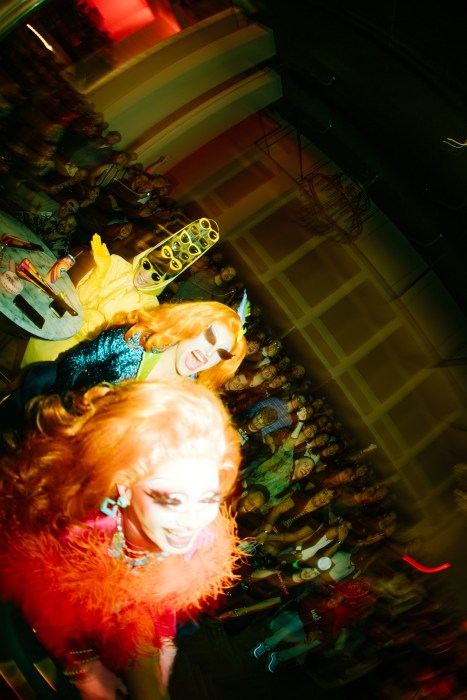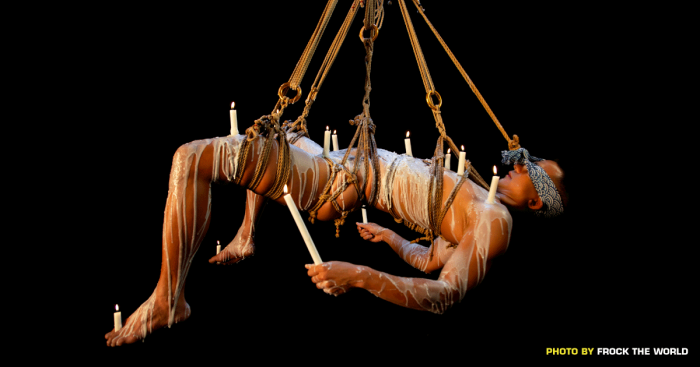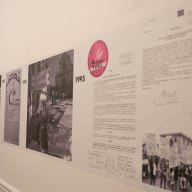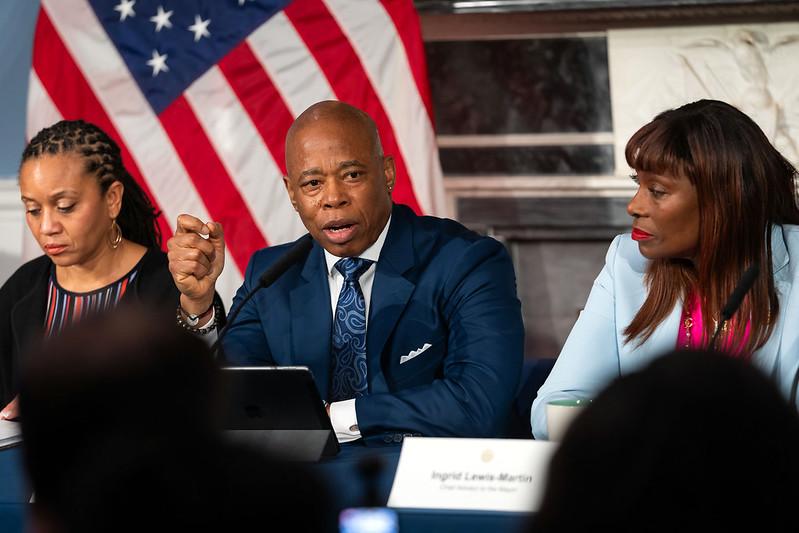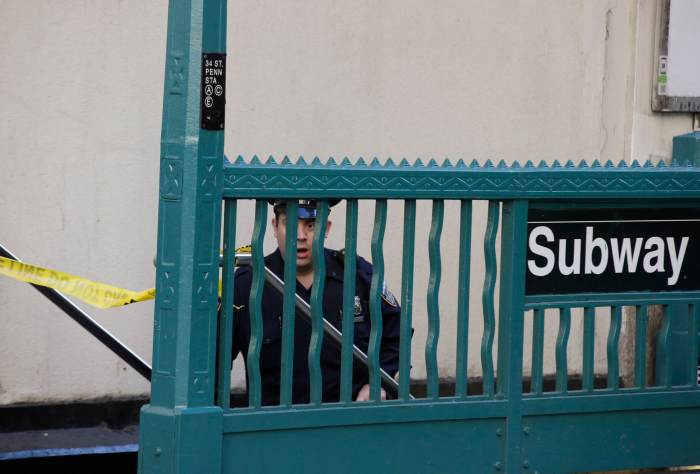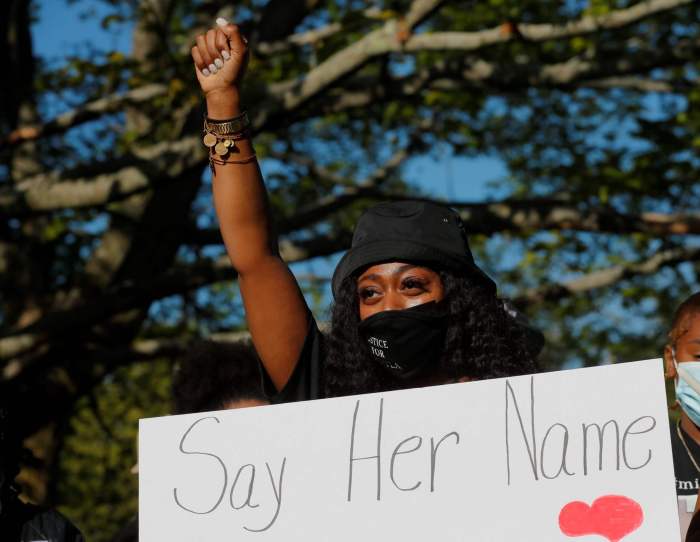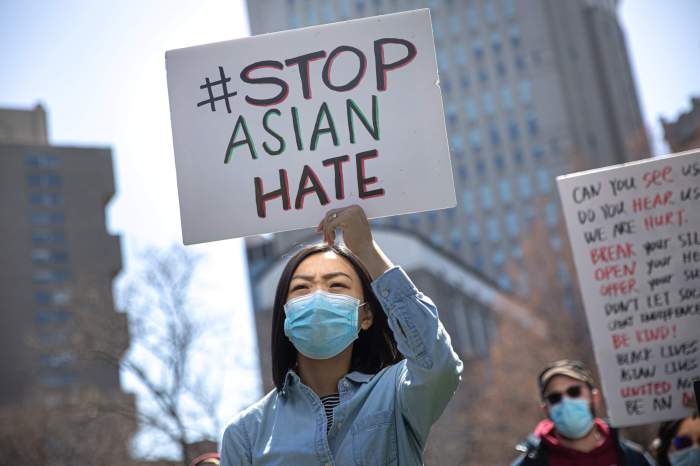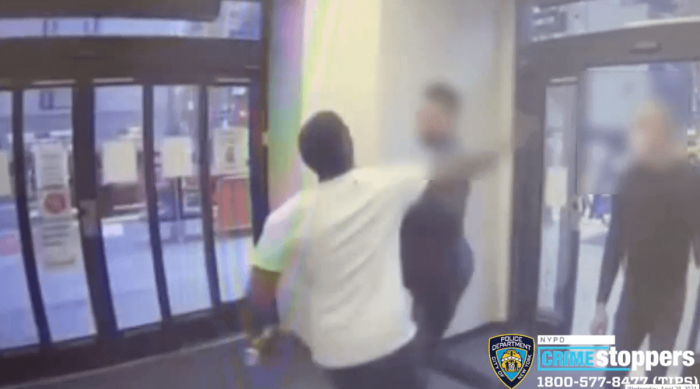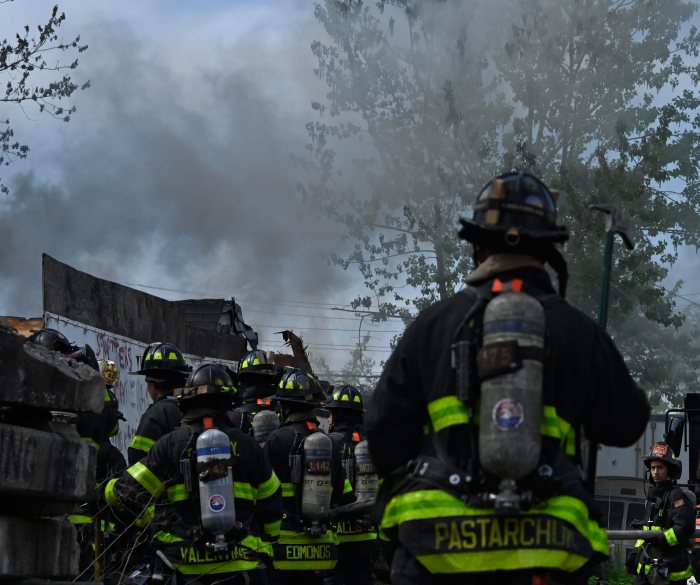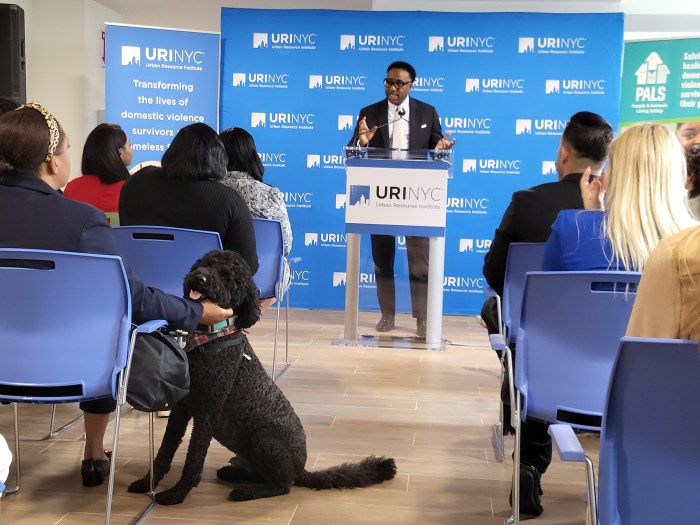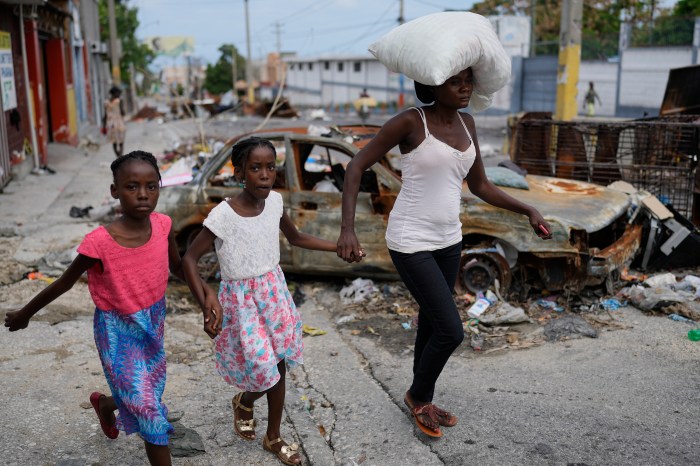Oriade Harbor has avoided clinging to a single identity. While he describes himself as a spiritual leader and an educator, he’s also a law enforcement officer — and now he’s the first out trans detective in the NYPD.
“It wasn’t something I was thinking about,” Harbor, who was promoted last month, told Gay City News in a phone interview. “I was like, ‘that’s pretty significant,’ and I just think about those transgender trailblazers we know throughout history — Black trans people — and I’m just honored. I’m paying homage to the trans trailblazers who came before me.”
Harbor has seen his fair share of change over the course of an eventful 15-year career in the NYPD. He started off as a street cop in Brooklyn and then in Queens, where he was tasked with taking on more than he ever anticipated. One day he would find himself serving as a counselor; on another occasion he would be acting as a nurse.
He moved on to work in domestic violence, which brought him to witness “some of the worst things,” including situations in which victimized individuals were trapped in unhealthy environments because they lacked the tools or resources to escape.
“But it was also good in that I was able to see the people who were able to get out and help and advocate,” Harbor said.
A product of the Midwest, Harbor was born and raised in Detroit and completed his undergraduate education at Miami University in Ohio. He then took off for New York City, where he attended graduate school and eventually decided to take the police exam in 2006 to kick off his law enforcement career.
Harbor worked his way up through the ranks of the police force while simultaneously building on the education he already obtained. He received a scholarship through the NYPD and earned his second master’s degree. He also joined the NYPD’s boxing team, which brought him to competitions across the country and around the world.
While Harbor is the first out trans detective in the NYPD, he has been working as an out trans police officer for years. He said he transitioned after he was already employed by the NYPD, and although he feels he has been received well by his colleagues, it was a more difficult experience earlier on.
“When I first joined and later when I started my transition, [the NYPD] didn’t have a policy, so I stumbled my way through my transition in terms of changing everything over with the department,” Harbor explained. “Even [when I was] getting the runaround, all the people during that process were definitely very open, trying to help me figure things out.”
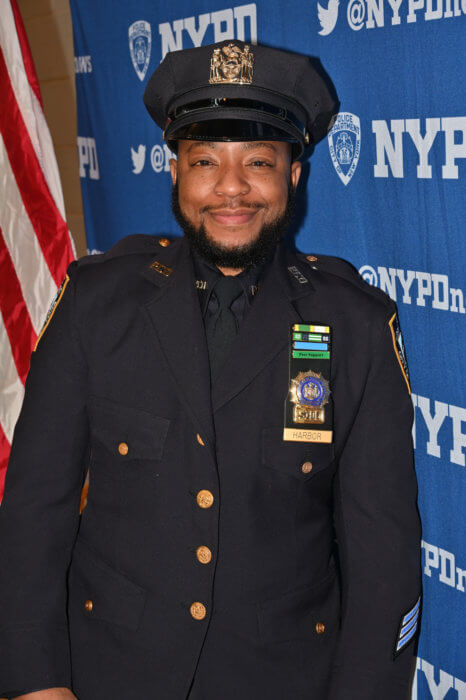
Harbor, who works under the department’s deputy commissioner of strategic initiatives, has played an ongoing role in changing those policies. He spearheads a training effort to equip members of the NYPD with important knowledge about trans inclusion as part of a collaborative effort with Ana Arboleda, who stepped in as the NYPD’s LGBTQ liaison following the retirement of her predecessor, Carl Locke, last year.
Through his training work, Harbor has found that members of the NYPD have a clearer understanding of gay, lesbian, and bisexual individuals than transgender and non-binary folks — and that’s where his training comes in.
“I think it’s an opportunity to teach as well as learn at the same time,” Harbor said.
Harbor views his police work as just one part of his multi-layered identity, which also includes spiritual and artistic components in addition to living his life as an out trans man and a Black man.
He acknowledged that his police work doesn’t always “mesh well” with other parts of his identity, and that was on his mind in the wake of the 2020 protests against nationwide racism and police brutality. The following year, uniformed police officers were banned from participating in Heritage of Pride’s annual NYC Pride March through at least 2025.
“That was a difficult and challenging time, and for me, it was like double: It was not being able to work in one identity as a trans person,” he said. “It’s not my only identity, but it’s an important part of my identity. When it comes to policing in the LGBTQ community, there is this history of injustice and discrimination, so I stand at the cusp of all these worlds… It’s a unique experience because I am able to understand because I do walk in Black and blue and trans.”
Harbor is moving into the next stage of his career with even loftier goals than before — he hopes to work towards a potential promotion to sergeant — but in the meantime, he hopes to serve as an example of representation.
“You have a lot of trans people who, for different reasons, choose to be stealth and not disclose their trans experience, which they have every right to do,” Harbor said. “For me, choosing to be out… I think that’s what visibility is about — that we are people outside of our trans experience.”

